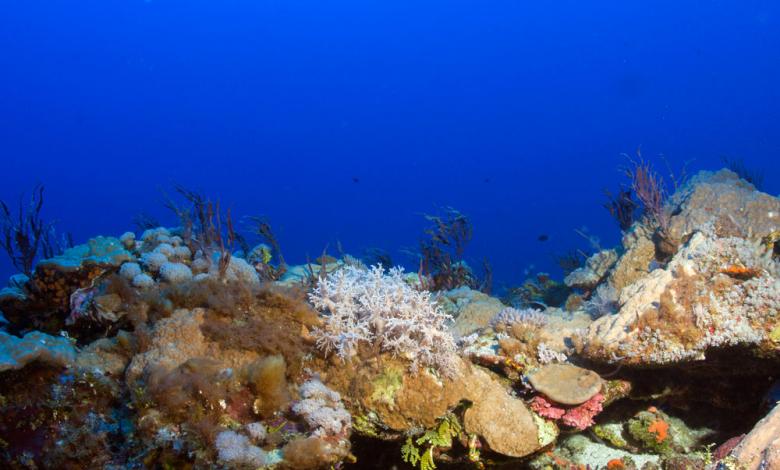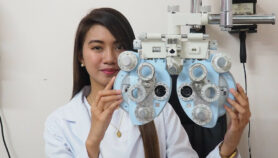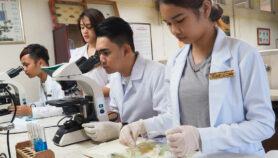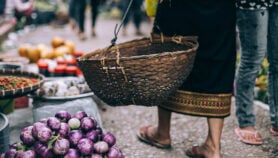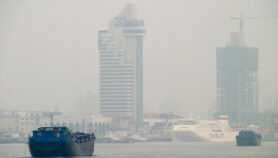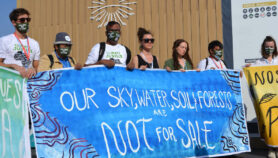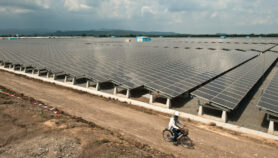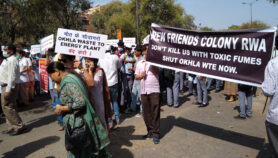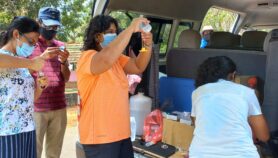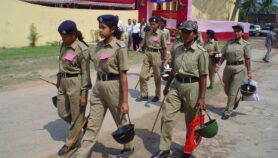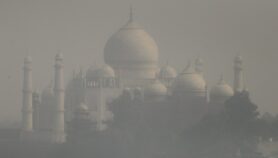By: Crispin Maslog
Send to a friend
The details you provide on this page will not be used to send unsolicited email, and will not be sold to a 3rd party. See privacy policy.
The Philippine government’s tendency to rely on foreign experts has riled up local scientists.
Are native scientists not good enough? This question is asked on the heels of the Philippine government’s seeming tendency to rely on foreign scientists when it comes to studying the country’s marine resources.
Last January, the government called in marine scientists from China to conduct underwater exploration in the Philippine Rise — a 13-million-hectare undersea plateau which is part of the Philippine territory. This resource-rich submerged landmass east of the largest Philippine island of Luzon was earlier called Benham Rise by American surveyors who discovered it in 1933 when the Philippines was still a US colony.
Maritime law expert Jay Batongbacal criticised the Philippine government for underestimating local scientific capability to explore the Philippine Rise and allowing China to conduct research in the area.The Philippine government, he said, “denigrated" and “demeaned” Filipino scientists’ capacity.
“The problem is the belief that foreigners are always more knowledgeable, more experienced than Filipinos”
Kelvin Rodolfo
Another “foreign incursion” was also opposed by a local scientist. Philippine geologist Kelvin Rodolfo objected to the government’s plan to hire Dutch scientists to study Manila Bay to draft programmes and projects to protect its vulnerable coastal zones.
Rodolfo said the government “ignores the fact that we have a world-class Marine Science Institute. . . The problem is the belief that foreigners are always more knowledgeable, more experienced than Filipinos”.
He continued, "The fact that no Filipino scientist was present at the meeting (to discuss the project) with the Dutch ambassador is in keeping with our country’s colonial mentality.”
History of colonisation
The issue is touchy in the Philippines and other Asian countries that were colonised by the West—the Philippines by Spain and the US; Indonesia by the Netherlands; Bangladesh, India, Malaysia, Myanmar, Pakistan, and Singapore by the UK; and Cambodia, Laos, and Vietnam by France. Only Thailand escaped colonisation in the region.
Indonesian social scientist Hermin Indah Wahyuni tells SciDev.Net: “Sometimes, we feel that people tend to demean scientists in developing countries of Asia-Pacific. I feel sometimes a bias (against Asian scientists) from Western colleagues. I respect (Western) colleagues and hope to develop real scientific ‘dialogue’ with them.”
Wahyuni, a communication professor and head of the Centre for South East Asian Studies at Gadjah Mada University in Jogjakarta, says that Indonesian scientists have made their mark in fields like volcanology and tropical disease.
Asian marine science expertise
Batongbacal, director of the University of the Philippines Institute of Maritime Affairs and Law of the Sea, objected to a government spokesman’s claim that Philippine scientists lack the ability and resources to carry out underwater research.
His position is staunchly supported by Angel Alcala, a prominent Asian marine scientist and Ramon Magsaysay awardee in marine conservation. He is the director of the Silliman University Angelo King Centre for Research and Environmental Management.
“We have the marine science expertise and the marine scientists to do it (underwater exploration) in the Philippine Rise,” Alcala tells SciDev.Net in an interview.
Alcala thinks the Philippines, an archipelago, is at par with the world in terms of marine science expertise. He cites Edgardo Gomez, a retired marine scientist from the University of the Philippines, as a top name in the field of marine science.
“We are comparable with the rest of the world for coastal and shallow waters, but when it comes to deep waters, we are at a disadvantage. We lack the facilities and equipment for detailed deep-water studies,” Calumpong says. “We also do not have sustained funding to conduct long-term studies. We lack the warm bodies to conduct such studies since many of our scientists, especially the younger ones, go abroad not only for greener pastures but also for infrastructure and funding support.”
Overcoming ‘colonial mentality’
There is no question that the less developed countries of Asia-Pacific need help and upgrading in many fields of science, outside perhaps of a few fields such as marine science, tropical medicine, volcanology, and tropical agriculture.
But what they lack is funding and equipment rather than expertise. For example, there was no need to invite vaccine experts from Malaysia, Singapore, Thailand, the UK, and the US to sort out the botched Philippine dengue mass vaccination programme. Because dengue is endemic in the Philippines, the country has a lot of experience and experts in this field.
Calling on foreign experts from the West whenever we have problems, even just to referee local experts who cannot agree among themselves because of biases or selfish interests, is unnecessary and only indicates that colonial mentality still persists in the former Western colonies in Asia.
We might learn more from consultations, joint research, and exchanges of experts with the more advanced countries in the region – like Singapore, South Korea and Malaysia – that have moved up in various fields of science and medicine because of their increased investments in research and development.
Crispin C. Maslog, former journalist with Agence France-Presse, is an environmental activist and former science professor of Silliman University and UP Los Baños, Philippines. He is a founding member and now Chair of the Board, Asian Media Information and Communication Centre (AMIC) based in Manila.
This piece was produced by SciDev.Net’s Asia & Pacific desk.


